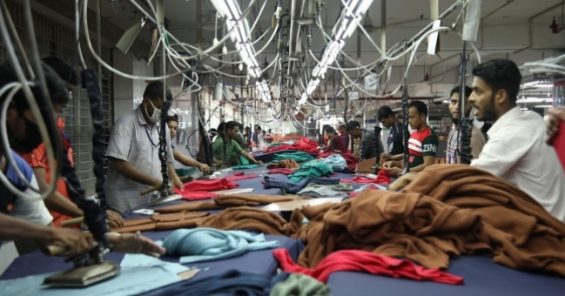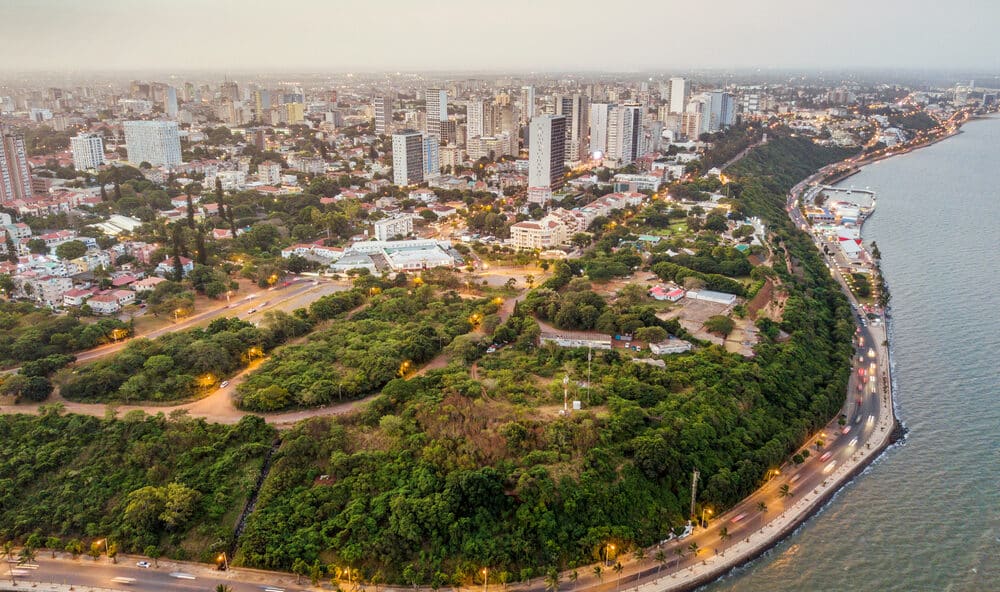Representatives from international textile retailers have reached a new, 26-month agreement with UNI Global Union and IndustriALL that builds on the progress made by the ground-breaking Bangladesh Accord while promising to expand the scope of the Accord’s legally binding commitments.
The International Accord for Health and Safety in the Textile and Garment Industry, which takes effect on 1 September 2021, advances the fundamental elements that made the first Accord successful—including legally binding commitments, respect for freedom of association, and independent administration and monitoring. Key features of the International Accord include:
- A commitment to continue the health and safety program in Bangladesh through the independent RMG Sustainability Council (RSC);
- An agreement to expand the Accord into new countries;
- An option to grow the Accord’s scope to address human rights due diligence;
- An optional streamlined arbitration process to enforce the Accord’s terms.
“This new agreement is further proof that the Accord model works,” said Christy Hoffman, General Secretary of UNI Global Union. “With its accountability, transparency, and legally binding commitments, the International Accord is an example of what modern due diligence should look like in Bangladesh and beyond. It also recognizes that the work in Bangladesh’s garment industry is not done, and this agreement helps strengthen the RSC and deepen brands’ commitments to the people who manufacture their products.”
Like its predecessor agreement, this is a legally binding agreement between companies and trade unions to make Ready-Made Garment (RMG) and textile factories safe. In Bangladesh, the agreement is implemented by the independent national tri-partite RMG Sustainability Council consisting of brands, unions and industry.
The agreement comes after months of intense negotiations, including a three-month extension in May. The original Bangladesh Accord was signed by apparel brands and global union federations three weeks after the Rana Plaza disaster killed more than 1,100 workers on 24 April 2013.
It established an on-the-ground organization that conducted independent safety inspections, transparent remediation protocols, as well a worker complaint mechanism and training. Roughly 200 global brands signed it, and the 2018 agreement covers more than 1,600 factories and two million workers
The Accord, UNI, and IndustriALL encourage all garment and textile companies to sign this agreement and join their collective goal of safe and sustainable RMG and related industries.
The first wave of signatories to the International Accord will be announced 1 September.


